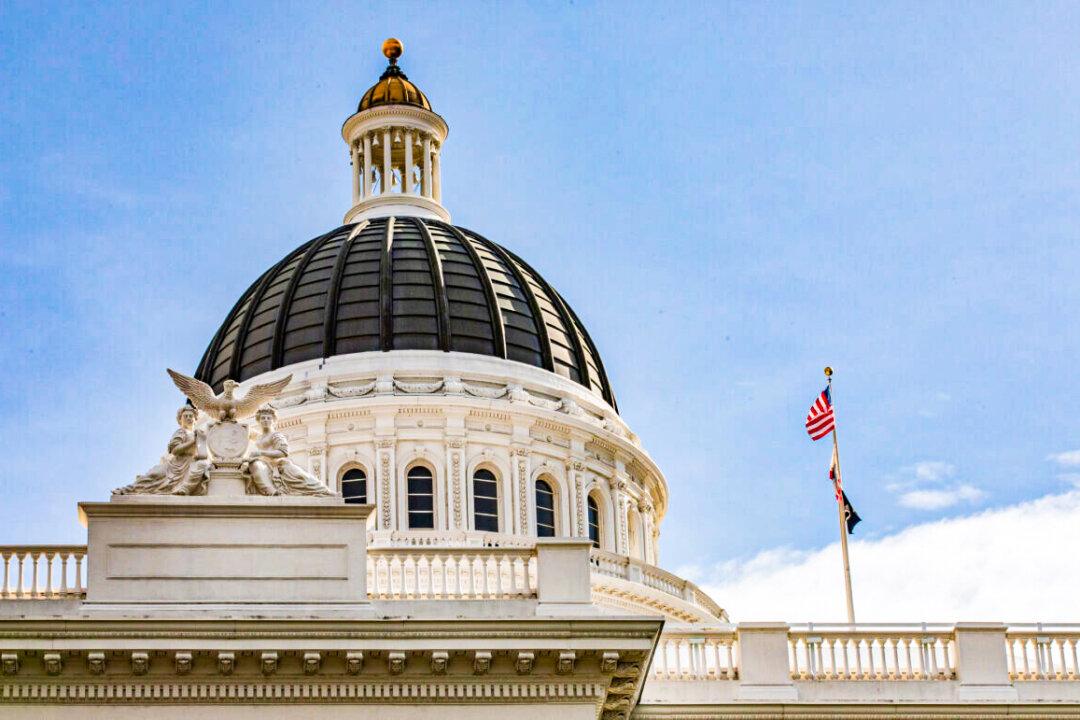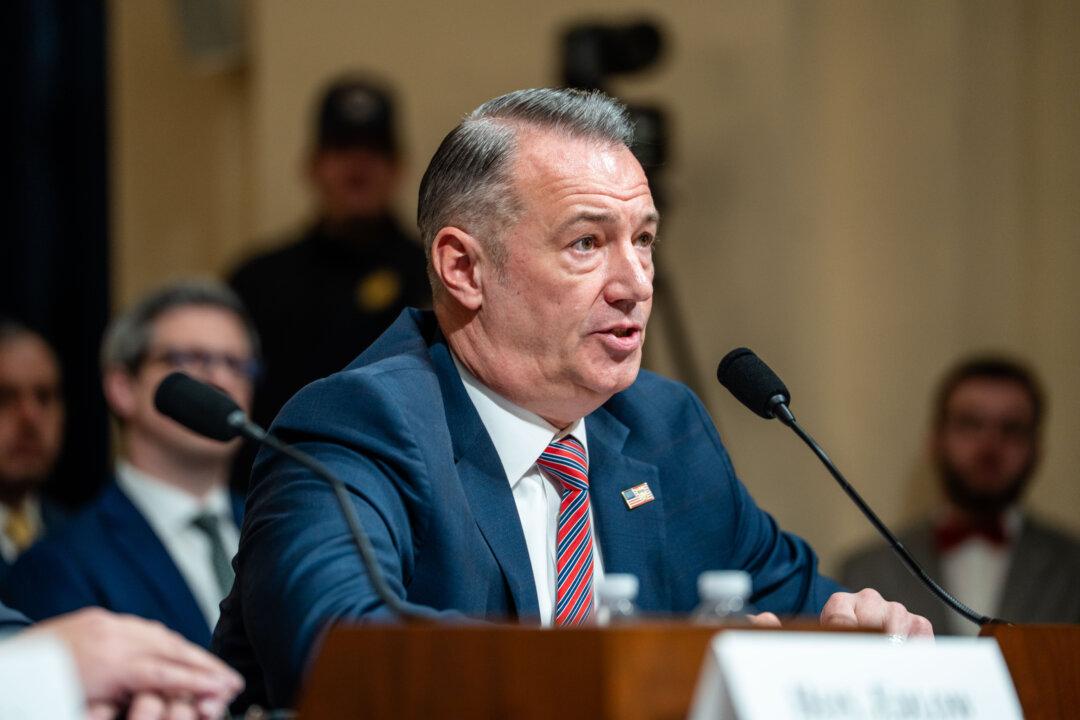A bill to ban the word “squaw”—deemed offensive by some to describe Native American women—within California is headed to the governor for final approval after clearing the state Legislature Aug. 25.
If Gov. Gavin Newsom signs it into law, the name “squaw” will be removed from all rivers, markers, and places that use the name beginning in 2024.





